Race and Ethnicity: White
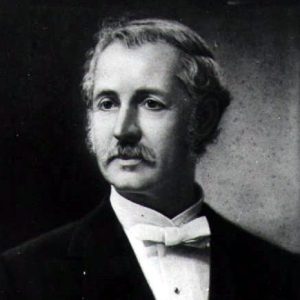 Augustus L. Breysacher
Augustus L. Breysacher
Breysacher, Augustus Louis
Brickell, Beth
 Beth Brickell Directing
Beth Brickell Directing
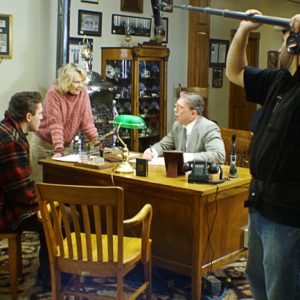 Beth Brickell Directing
Beth Brickell Directing
 Beth Brickell
Beth Brickell
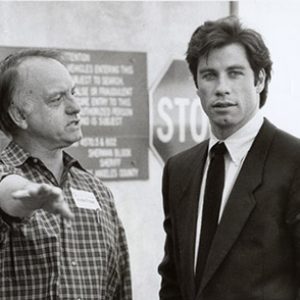 James Bridges
James Bridges
Bridges, James
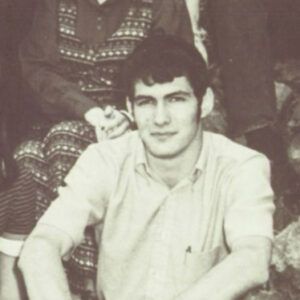 Joe Bob Briggs, Student and Reporter
Joe Bob Briggs, Student and Reporter
 Joe Bob Briggs, Student
Joe Bob Briggs, Student
 Joe Bob Briggs
Joe Bob Briggs
brigham, besmilr moore
aka: Bess Miller Moore
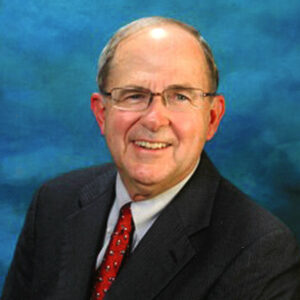 Howard W. Brill
Howard W. Brill
Brill, Howard Walter
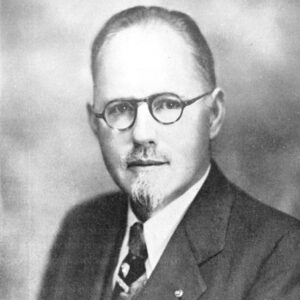 John Brinkley
John Brinkley
Brinkley, John Richard
 Britt Sheet Music
Britt Sheet Music
 Britt Songbook
Britt Songbook
 Britt Sticker
Britt Sticker
Britt, “Footsie”
aka: Maurice Lee Britt
aka: Morris Britt
Britt, Elton
aka: James Elton Baker
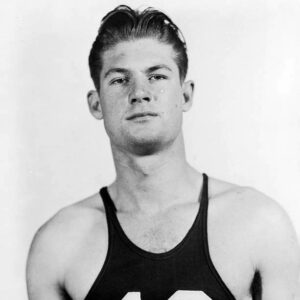 Footsie Britt
Footsie Britt
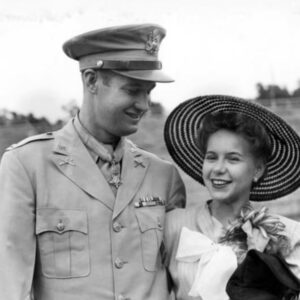 Footsie Britt
Footsie Britt
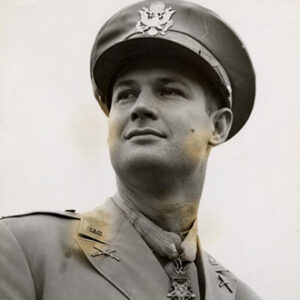 Footsie Britt
Footsie Britt
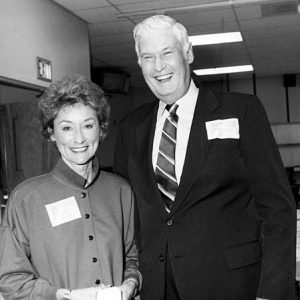 Gay White and Footsie Britt
Gay White and Footsie Britt
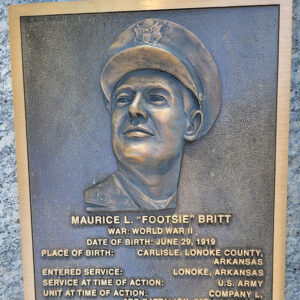 Footsie Britt Plaque
Footsie Britt Plaque
Britt, Terri Utley Amos
 Broadway Card
Broadway Card
Broadway, Joseph Eddy (Joe)
Broadway, Shane
 Shane Broadway
Shane Broadway
 Kevin Brockmeier
Kevin Brockmeier
Brockmeier, Kevin John
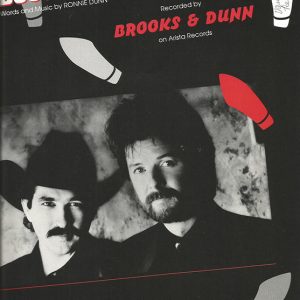 Brooks and Dunn Music
Brooks and Dunn Music
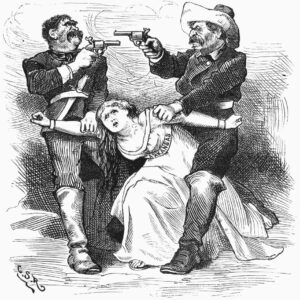 Brooks-Baxter War Cartoon
Brooks-Baxter War Cartoon
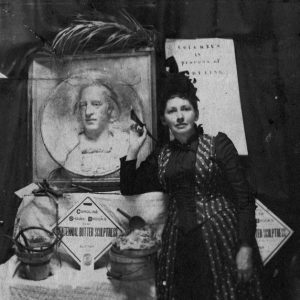 Caroline Shawk Brooks
Caroline Shawk Brooks
Brooks, Caroline Shawk
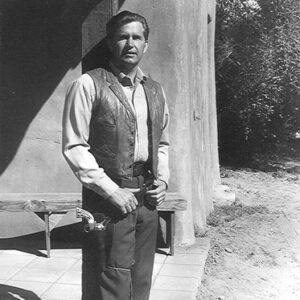 Doyle Brooks
Doyle Brooks
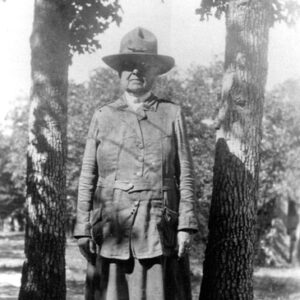 Ida Joe Brooks
Ida Joe Brooks
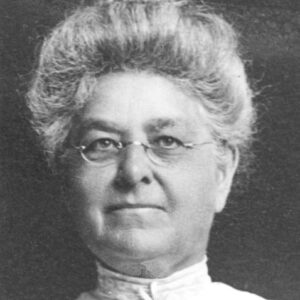 Ida Joe Brooks
Ida Joe Brooks
Brooks, Ida Josephine
Brooks, John Doyle
Brooks, Joseph
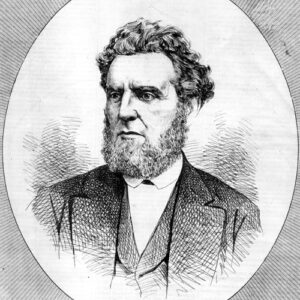 Joseph Brooks
Joseph Brooks
Brooks, William H.
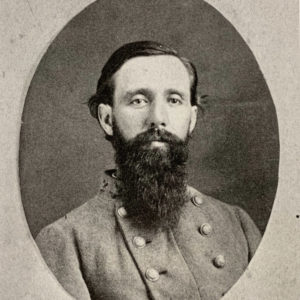 William H. Brooks
William H. Brooks
Brothers of Freedom
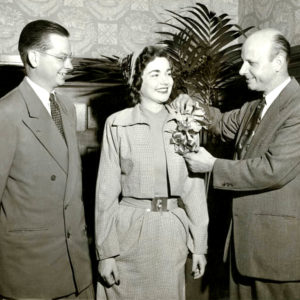 Barbara Brothers
Barbara Brothers
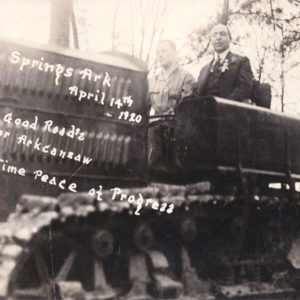 Charles Brough
Charles Brough




